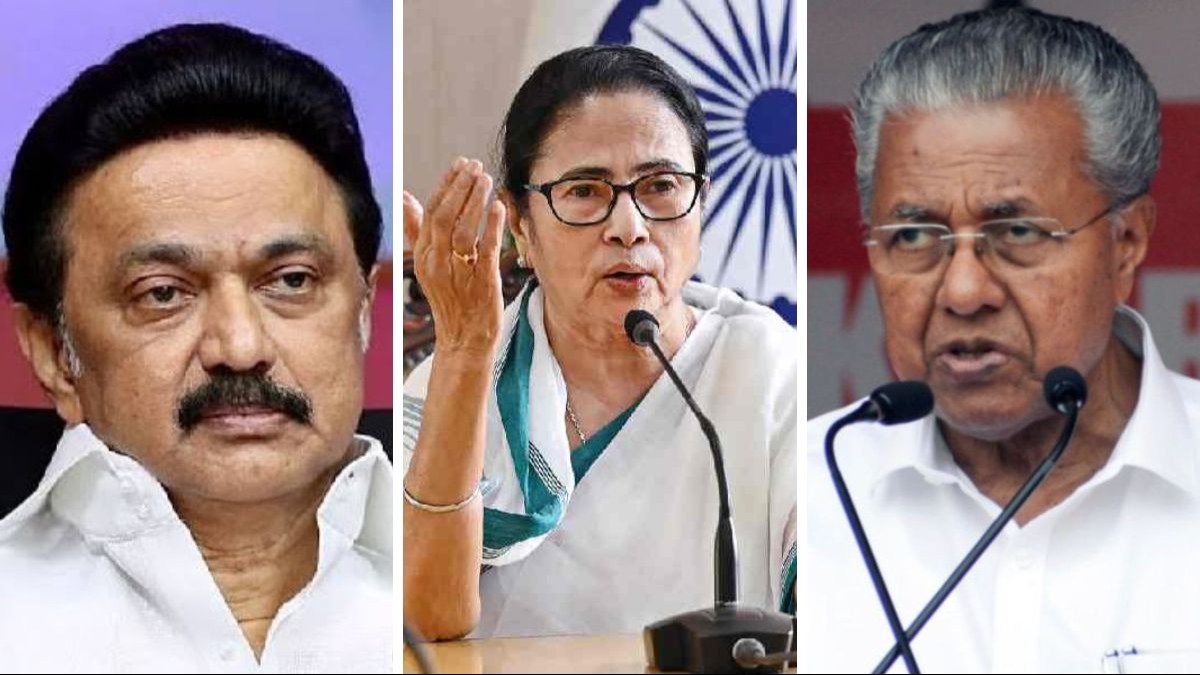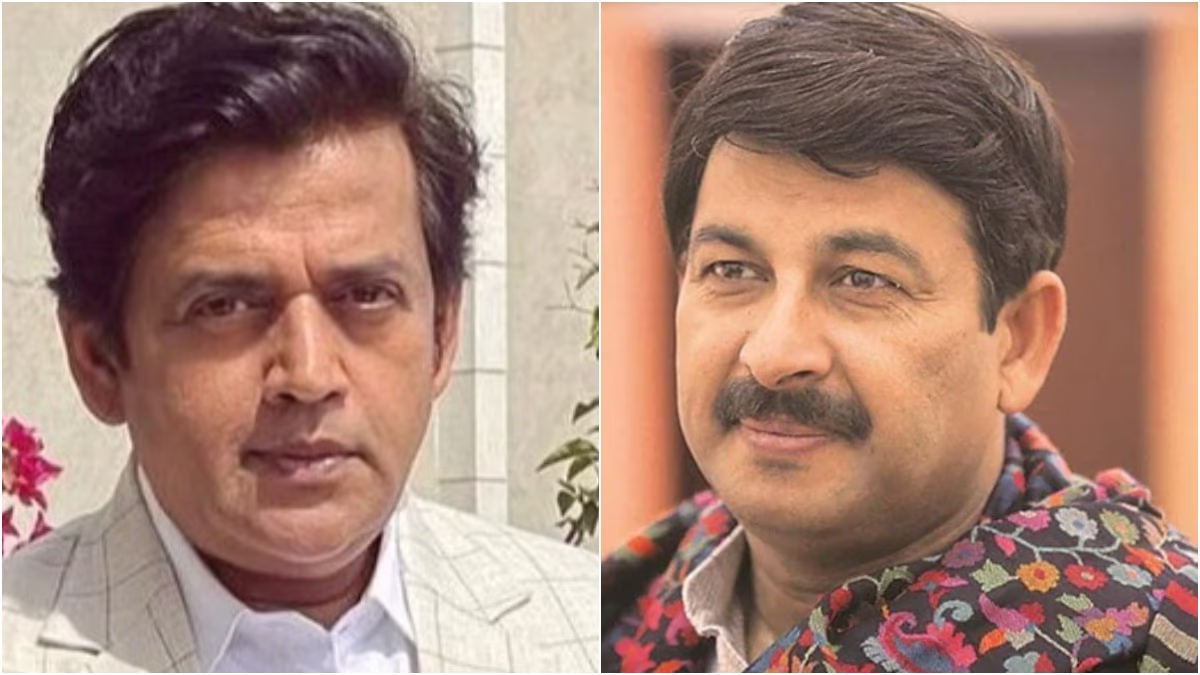The Central Government has issued a notification to implement the Citizenship Amendment Act (CAA), thus, enacting it nationwide. This has sparked a dispute over its enforcement in various states. Many, like West Bengal and Kerala, are refusing to implement it within their jurisdictions.
However, according to the Constitution of India, no state can refuse the implementation of CAA, as citizenship falls under the Union list, not the State list.
The Citizenship Amendment bill was passed by both houses of Parliament in December 2019. Subsequently, it led to widespread protests across the country. The Act provides for Indian citizenship to be granted to persecuted Hindus, Sikhs, Jains, Parsis, and Christians from Pakistan, Afghanistan, and Bangladesh, provided they entered India before December 31, 2014.
Which States Are Protesting?
The Chief Ministers of Kerala and West Bengal maintain they will not implement CAA in their states. Pinarayi Vijayan states the Centers' pre-election notification is a ploy to disrupt national peace. Just prior to the parliamentary election announcement, the Ministry of Home Affairs released this notification.
West Bengal's Chief Minister Mamata Banerjee expressed her discontent by saying that it is BJP's agenda. She assures that West Bengal will not enforce CAA, stating, 'This is Bengal.'
What Does the Constitution Say?
Under the Constitution, the states cannot refuse to apply CAA as citizenship is a matter under the Union List not the State List. According to Article 246, it classifies legislative powers between the Parliament and state legislatures.
Former Lok Sabha Secretary-General PDT Achary told India Today that states have no options but to apply laws passed by Parliament. States can always approach the Supreme Court if they feel their civil rights are being infringed.
More than 220 petitions have been filed against CAA, including ones from the Kerala Indian Union Muslim League (IUML), TMC's Mahua Moitra, Congress leader Jairam Ramesh, AIMIM leader Asaduddin Owaisi, Assam Advocate Association, and legal students.
Supreme Court advocate Ashwini Dubey clarified to India Today that the Centre has the final say in such matters, and states lack the power to nullify federal laws. Those opposing CAA do not have the constitutional authority to do so.
It’s important to note that CAA has been implemented under the 7th Schedule of the Constitution. There are 97 subjects under the Union List within this schedule, including defense, foreign affairs, railways, and citizenship.
Dubey added that non-compliance by states could potentially violate fundamental citizen rights. If need be, individuals from a particular state may approach the court to demand enforcement of their fundamental rights.
Supreme Court advocate Anas Tanveer remarked to India Today that while citizenship is entirely under federal jurisdiction, states have traditionally had a role. But it is up to the Central government to decide if it wants to include state governments in the process.




